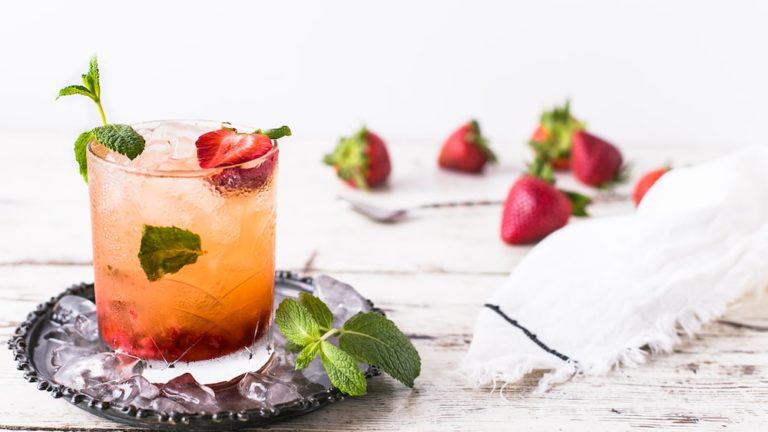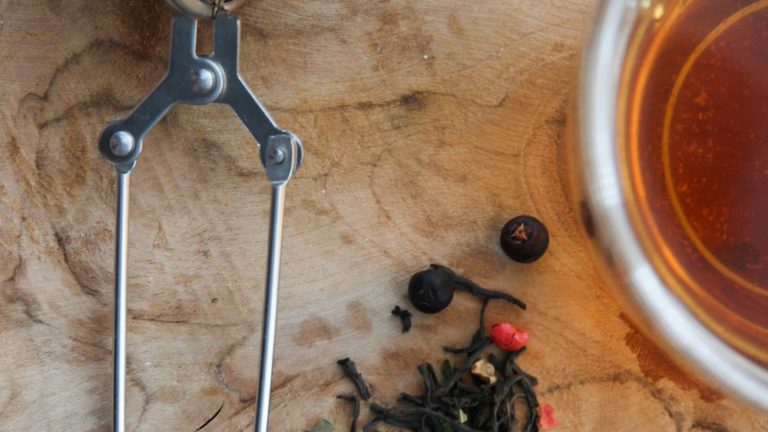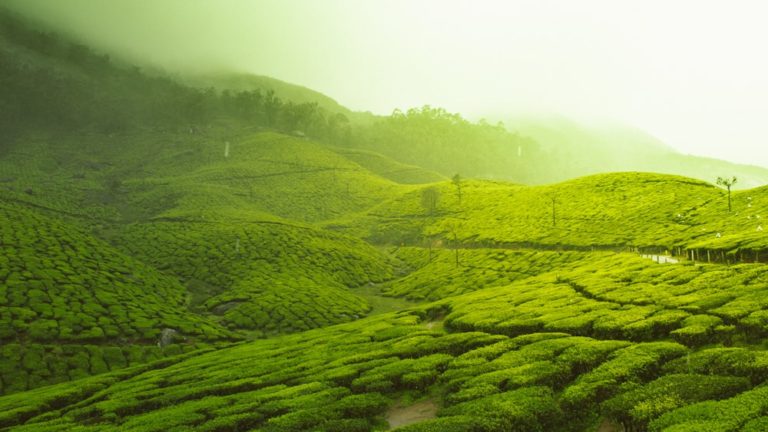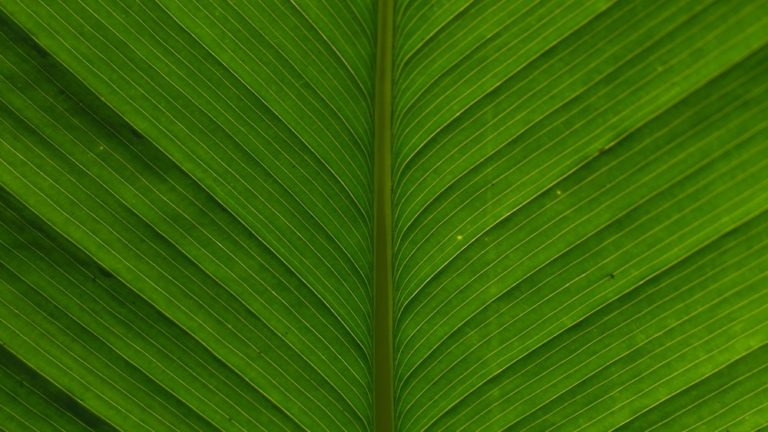Mouthwatering Muscatel Tea: Unveiling The Distinctive Flavor
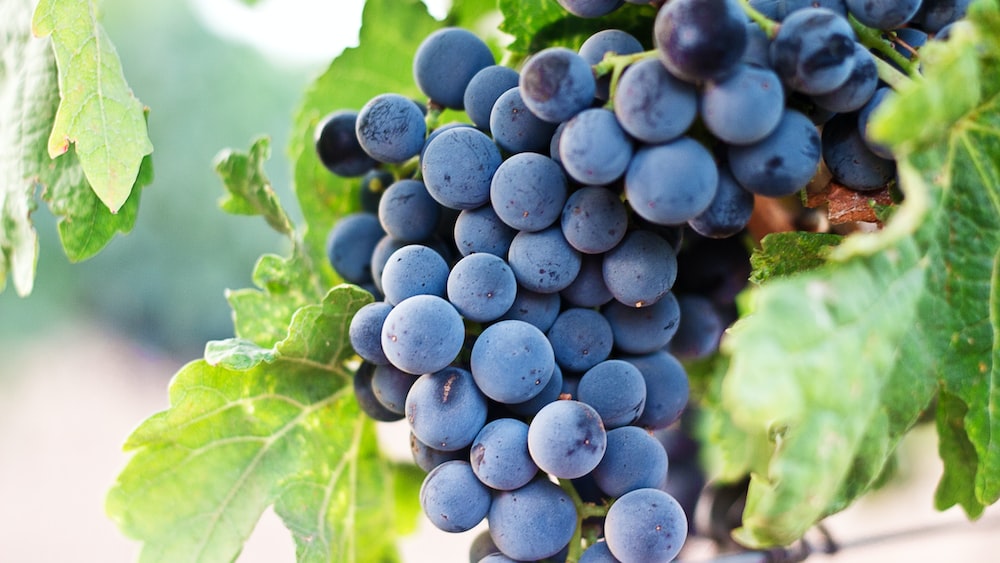
Mouthwatering Muscatel Tea: Unveiling The Distinctive Flavor
Calling out to all you tea aficionados out there, and lend me your ears for just a jiffy. Or your eyes, in this case! Are you ready for the kind of tea experience that will have your taste buds dancing like they’re at a carnival, and leaves you wanting more with every sip? Picture this. Different flavors exploding in your mouth in a sweet symphony, and when the curtain finally comes down, you sit there, staring into your cup, thinking, “What just happened?!” Well, everyone, meet the “celebrity diva” of the tea world, the muscatel tea.
Now, I know what you’re thinking. “Muscatel tea, haven’t I already heard of that?” Well, my friend, let’s crack open this exquisite tea treasure together and discover the wonderful sorcery and art hidden behind those two simple words – Muscatel Tea.
Understanding Muscatel Tea
Come! Join me as we delve deep into the universe of this “elixir from the east”. It’s full of mystery, tradition, and an astonishing ability to create an intimate bond between your cup and you. So, what’s so special about this muscatel tea? Let’s set sail on this exploratory expedition together.
What is Muscatel Tea?
A show of hands, please! Who among you have not tasted a good ‘ol cup of the classic Darjeeling tea? Ahh, quite a few, I see. Well, imagine that, but now add supernova-sized flavor bombs onto it. That’s what Muscatel tea, a specialty of Darjeeling tea, feels like.
It’s an exotic tea blend crafted with meticulous care, produced during the summer or the ‘second flush’. Its unique flavor is thanks to the teeny-tiny thrips insects that nibble on the tea leaves during this season. Seriously, who would have thought insects and tea could make such a harmonious pair?
Muscatel tea, a specialty of Darjeeling tea, is an exotic blend with supernova-sized flavor bombs, thanks to the teeny-tiny thrips insects that nibble on the tea leaves during the summer.
The Unique Flavor Profile of Muscatel Tea
Speaking of flavor, let’s roll out the tea carpet for the star of our tea-tale today – the distinctive flavor profile of muscatel tea. Intriguing, fiesty, magical, there are numerous adjectives that try to capture the essence of this tea, yet they all fall short.
Imagine unleashing a universe of fruity and spicy notes, swirling around in your cup, creating a mystical aura that draws you in with every sip. As if, the fruity muscat grape notes aren’t tantalizing enough, the subtle undertones of apricot, nutmeg and even hints of black currant join in the flavor carnival! It’s just not a cup of tea, but a full-fledged sensory experience.
Origin and Production of Muscatel Tea
Brace yourselves, tea lovers. We’re going back in time, journeying through the lush, dewy tea-terrains to unearth the enigma behind the origin and production of this divine brew – the muscatel tea.
The Geographical Roots of Muscatel Tea
The luscious, undulating landscapes of Darjeeling can be rightfully called the ‘Queen of Teas’. That’s where Muscatel tea, a prized jewel of Darjeeling tea, was first cultivated.
Nestled beneath the Kanchenjunga’s shadow, the region’s unique microclimate entails misty mornings, sunny afternoons, cool evenings and cold nights, providing a perfect milieu for these tea bushes. It’s an odd topographic sonnet, working alongside the monsoons and thrips, singing the Ballad of Muscatel Tea!
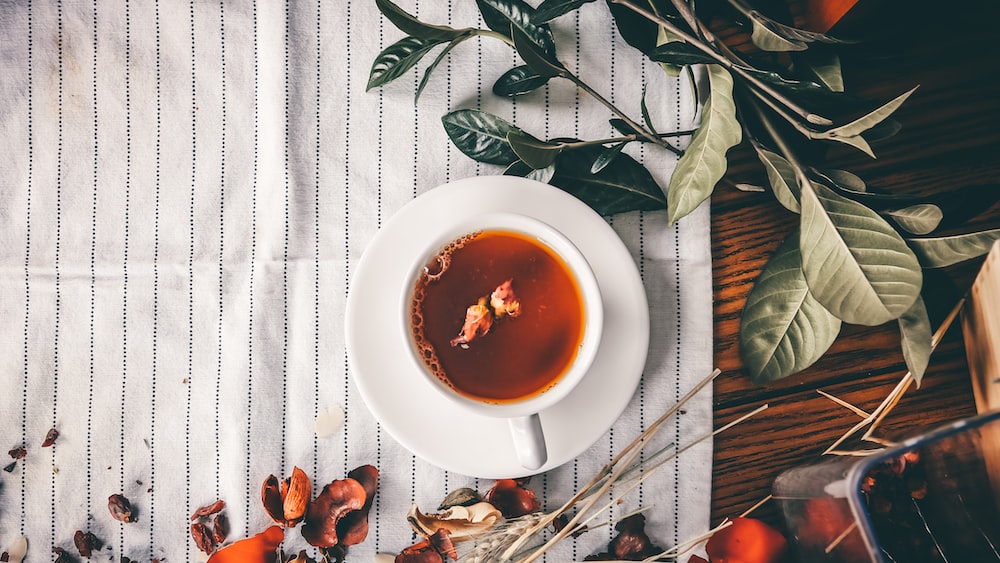
The Production Process of Muscatel Tea
Buckle up, as we embark on the journey of muscatel tea from the garden to your cup. First, let’s take a leap of faith and trust these small insects, the thrips, who kick start our magical journey by nibbling on the tea leaves. Their minuscule bites trigger the tea plants’ defense mechanism, and the magic begins.
Over time, the stressed tea bush pushes out chemicals, giving rise to the complex flavors which are characteristic of Muscatel. Once harvested, the leaves are optimally oxidized, dried, and then rolled using carefully calibrated rollers. This process ensures that the unique muscatel flavor isn’t lost, rather gets encapsulated within the twisted, withered leaves.
Finally, they are sorted and graded. Ample sunshine and optimal humidity breathe life into these sun-dried leaves, transforming them from being just regular leaves to the majestic ‘Summer Gold’. The extraordinary transformation of the simple tea leaves into the enchanting muscatel flavours is akin to a grand culinary opera which keeps you on the edge of your seat.
Varieties of Muscatel Tea
Woah! Are you awestruck by the full-drama behind the creation of this unique tea? Well, the story doesn’t end just yet. Let’s dive into the fascinating world of varieties of muscatel tea that bring along an assortment of flavoursome notes.
Castleton Special Summer Muscatel Black Tea
Picture this. An orchestra begins to play. And as the rich, bold melodies of the Castleton Special Summer Muscatel Black Tea seep into your senses, your taste buds can’t help but tap to the enchanting rhythm. Right from its captivating amber hue to the intoxicating aroma, everything about this variety is nothing short of magical.
Grown in the esteemed Castleton Tea Estate in Darjeeling, this tea variety begs you to acknowledge, appreciate, and enjoy every moment of your tea drinking journey. Each sip engages a different note, ranging from the fruity to floral, sweet to spicy, rendering an unusual melodic harmony to the tea symphony. Sip by sip, your tea-horizons broaden, and it leaves you at the precipitation of an unforgettable tea-experience.
Puttabong Estate Muscatel Darjeeling Organic Black Tea
Allow me to introduce Puttabong Estate Muscatel Darjeeling Organic Black Tea, the audacious flavor explorer of our muscatel narrative. Now, imagine a flirtatious, ruby-red, black tea beckoning you with sweet undertones of muscatel grapes, like the rhythmic whispers of a seductive ballroom dance. That’s Puttabong Estate Muscatel Darjeeling for you.
Interestingly, ‘Puttabong,’ translates to ‘house of green leaves’ in the local Lepcha dialect and true to its name, this particular muscatel tea variety is known for its vibrant taste, balanced by an ethereal freshness. Grown organically, it tippy-toes on the line between sweet and astringent, creating a delightful tea-time cha-cha-cha.
Puttabong Estate Muscatel Darjeeling Organic Black Tea is a flirtatious and vibrant tea with sweet undertones of muscatel grapes, balancing ethereal freshness and creating a delightful tea-time experience.
Sikkim Second Flush Muscatel Loose Black Tea
Now ladies and gents, let’s embark on another expedition with a fellow wanderer of flavor – Sikkim Second Flush Muscatel Loose Black Tea. It’s like that bright friend you had in school, standing out solely on their merits – vibrant, assertive and never shying away from attention.
This loose leaf tea variant robustly bounds over mountaintops infusing your senses with a unique Muscatel aroma. The Sikkim Second Flush Muscatel seems to do a delightful waltz, integrating the sensory palette with its golden-amber hue, rich aroma, and charming citrusy yet floral notes. Dancing on your tongue, it leaves you with a palate that gleefully whispers ‘encore.’
Brewing the Perfect Cup of Muscatel Tea
Now, let’s dive headfirst into the choreography of brewing the perfect cup of Muscatel tea. But hold your horses, dear tea enthusiasts, as perfecting this routine needs more than just enthusiasm. It requires precision, attention to detail, and a bit of tea brewing magic, which we shall uncover below.
Water Quality and Temperature
When it comes to the grand spectacle of brewing tea, water is our opening act. Yes, indeed. Water quality and temperature have as much impact on the result as the right dance partner can sway the rhythm of a quickstep.
Should you tango with tap water? Hardly! The minerals and chlorine often present can stunt the full expression of your Muscatel tea. Instead, pure, filtered, or spring water should be your dance partners of choice. Up next, is the tempo – the water temperature. Too hot, and the delicate flavors could end up feeling like distressed wallflowers, hence a moderate temperature of 85-87°C (185-189°F) is recommended.
Quantity of Tea Leaves
On to our next twirl in the dance of brewing – the tea leaves themselves. It is, no doubt, of quintessential importance. May I liken it to the rhythm in a dance, often unseen but its absence sorely felt? Certainly.
As a rule of thumb, one tablespoon of loose leaf tea (or two grams) per 8 oz cup is a good start. But remember, this is a ballroom, not a mosh pit. Overcrowding is a big faux pas. Too many leaves, and the delicacy of Muscatel’s flavor might be overshadowed. Too few, and the bouquet of aromas may seem diluted.
Steeping Time
Ah, steeping! The finale of the tea-brewing performance. Like a crescendo in a symphony, it brings together all the elements to create a triumphant resolution. Seize your timers, tea-lovers. This is the point you don’t wish to fumble.
As with any choreographed dance, timing is crucial. Steep your Muscatel for 3-5 minutes – any longer and you risk an overly bitter edge. Any shorter and your tea might just be gasping for breath. Mastering the art of steeping time may take a few attempts but worry not, practice makes taste buds perfect.
Mastering the art of steeping time may take a few attempts but worry not, practice makes taste buds perfect.
Health Benefits of Muscatel Tea
Enough of our flavor flamenco, let’s pirouette to the section that showcases the health benefits derived from Muscatel tea. It’s the nutritious underpinning that enhances the gratification of every sip. Combining health and pleasure, oh what a remarkable pas de deux that is!
Antioxidant Properties
They say, ‘begin at the beginning!’ And at the beginning of the Muscatel tea benefits list, firmly sits the antioxidant properties claim. Feel those nasty free radicals quiver like nervous auditioners as the antioxidants present in Muscatel tea take the stage.
The tea contains various polyphenols, which perform as antioxidants, playing the vital role of preventing cellular damage. They safeguard your body like vigilant stage hands, ensuring such harmful intruders are booted out. Ultimately, the antioxidant support promotes overall health – it’s like rehearsing with extra safety nets. It might not make the show flashier, but it surely keeps the performers dancing long and strong.
Digestive Health Benefits
While engaging in a tête-à-tête with your stomach, have a heart-to-heart talk with Muscatel. First off, I kid you not, this tea doesn’t just take laps around your tastebuds but also plays a strong role in digestion. Muscatel tea can be your secret ally against the sometimes monstrous belly-bloating or gas build-up. The bioactive compounds act like tiny superheroes, aiding in breaking down food more efficiently – think of them as the James Bonds of digestion.
Its anti-inflammatory properties help to soothe the digestive tract if it’s throwing a tantrum. You can say, this mighty tea is like a gentle pacifier, restoring peace in your rioting belly. And if constipation is your daily grumbling partner, Muscatel tea without a doubt can play the role of a gentle broom, sweeping the way for more comfortable elimination process.
You might ask, does this mean I can wash down a gargantuan meal with a cup of this magical potion? Well, I wouldn’t recommend challenging your stomach to showdowns every so often. It’s more of a gentle pat than an aggressive push. So, tread lightly, my gastronomically inclined friends.
Potential Weight Loss Benefits
A cup of Muscatel can be your new calorie-burning hero. Sounds quite the paradox, right? But let me explain. This aromatic elixir doesn’t perform miracles (or turn you into a svelte stunner overnight). However, its polyphenols have been linked to increasing metabolism and potentially helping the body burn more fat. It’s like having a mini workout session without breaking a sweat!
But, remember the quintessential rule – don’t swamp it with sugar or cream. After all, you don’t want to drown these potential weight loss benefits under a deluge of empty calories. Our Muscatel, like all heroes, needs a clear field to work its magic!
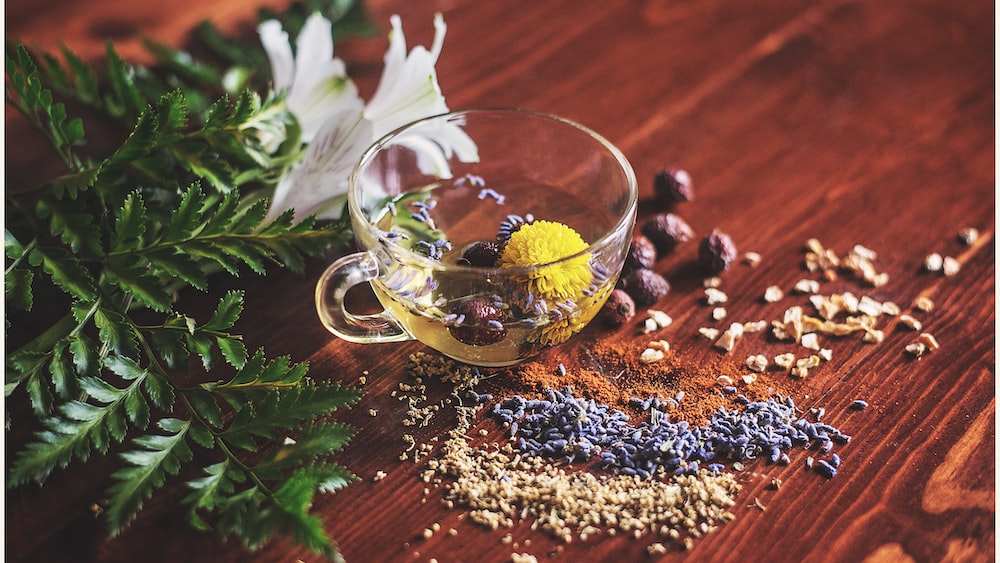
Frequently Asked Questions About Muscatel Tea
1. What makes Muscatel Tea unique?
The uniqueness of Muscatel tea lies in its distinctive flavor and rare production. This exquisite tea, particularly the Castleton Muscatel Tea from the renowned Castleton Tea Estate, carries a muscat grape-like taste with alluring floral undertones. This uncommon taste palette, along with its rich, robust hue, really sets it apart from the regular posse of teas.
2. How to brew the perfect cup of Muscatel Tea?
The art of brewing the perfect Muscatel tea is all in the balance; the right amount of tea leaves, the ideal temperature, and the patient steeping time. Your water quality plays a critical role too. Use filtered water if possible and be mindful of steeping time – a few minutes extra and you might just draw out the bitterness. Truly, it’s a fine line between a beautifully aromatic cup of tea and a bitter wake-up call!
3. What are the health benefits of Muscatel Tea?
The health benefits of Muscatel tea are expansive, taking this beverage beyond just a flavorful indulgence to a potential health ally. Its antioxidant properties help in flushing out toxins while its digestive benefits may help pacify an upset stomach. Additionally, it’s known to help with weight management, by potentially increasing metabolism and aiding in fat breakdown. Quite the all-rounder, isn’t it?
4. Where can I buy Muscatel Tea?
Muscatel tea can be procured through reputable online tea stores, and one might also find it stocked in specialty tea shops or high-end grocery stores. The Castleton muscatel tea, in particular, a crowd-pleaser, can often be found in the inventory of experienced tea sellers. Just remember, when buying, ensure the tea’s freshness and authenticity.
Conclusion
A perfect steep of Muscatel tea is like an immersive journey into the world of unique flavors and a closer peek into the echelons of tea culture. It’s not your run-of-the-mill sip; it’s an experience, a melange of delicious complexity that underlines the essence of the tea’s origin and journey. It’s the perfect companion for a meditation session, a book reading, or just a moment of quietude. So go on, embark on this tea journey and let this guest of honor leave an unforgettable imprint on your palate.
In the world of teas, Muscatel is undoubtedly the debonair gentleman who resonates class, complexity and, of course, an unmatched sense of taste. As we part, I hand over to you the torch of tea exploration. May your kettle never run cold! Until we chat over another cup, farewell, my tea-drenched comrades. – Zoe



